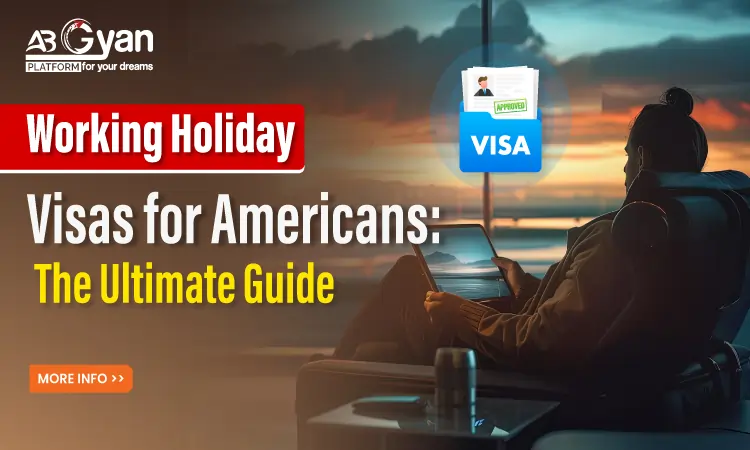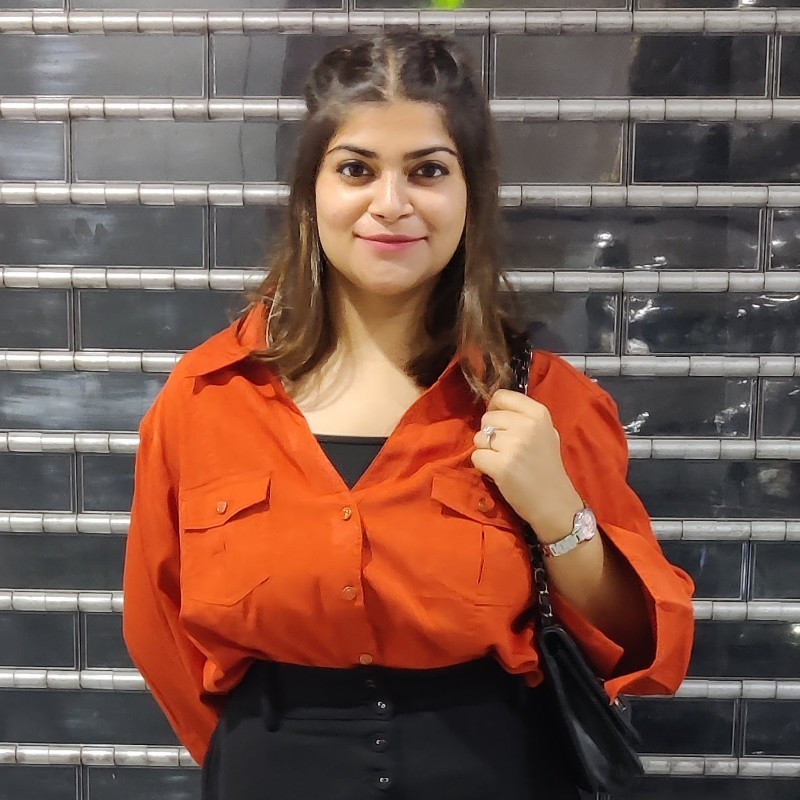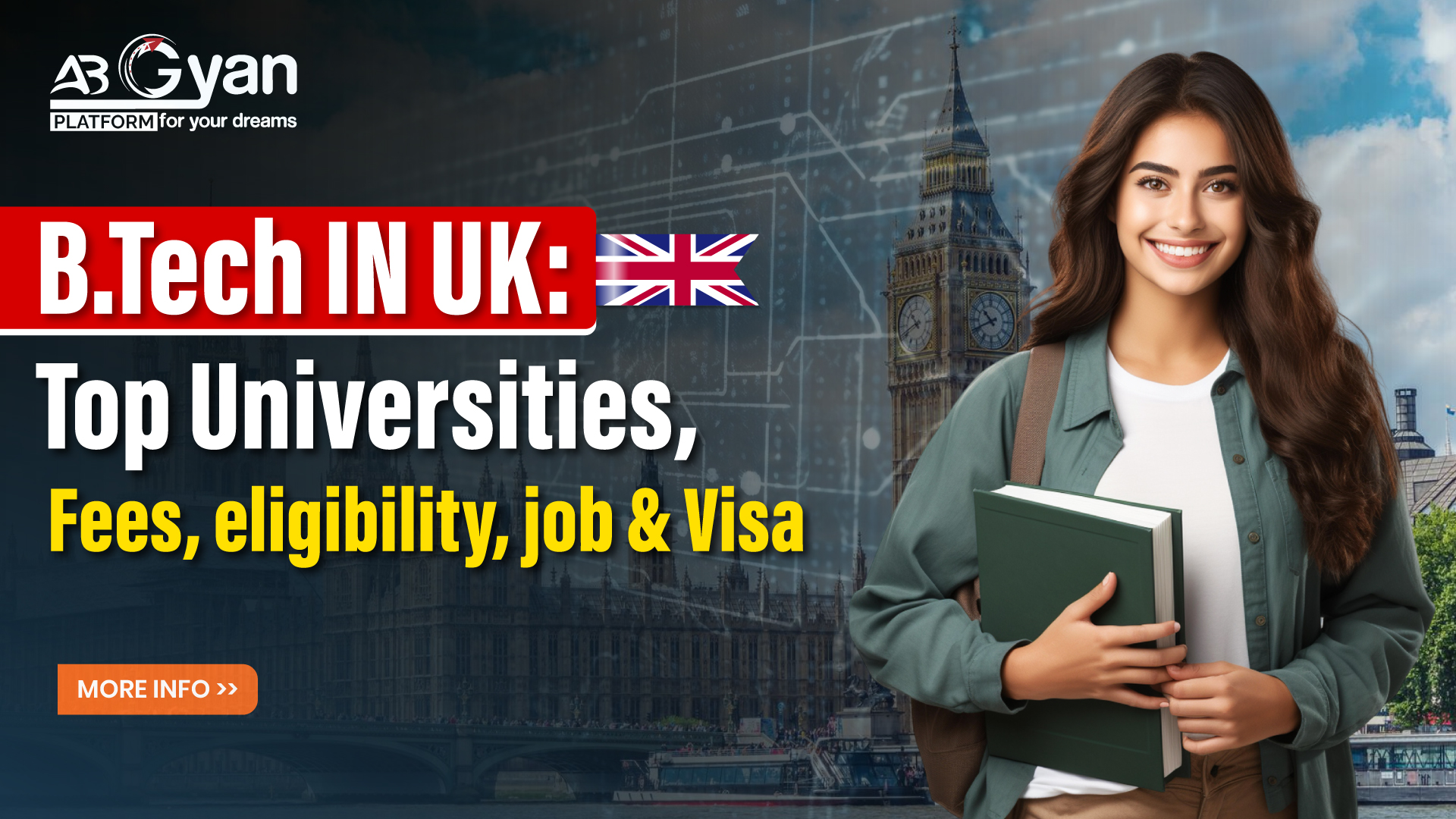
Working Holiday Visas for Americans: The Ultimate Guide
Explore the World While Earning: Everything You Need to Know About Working Holiday Visas for Americans
Meet our Advisors Now
(Join between Mon to Sat 10:00 AM to 6:00 PM IST)
Working Holiday Visas for Americans: The Ultimate Guide
- Bookmark
 Overview
Overview
A Working Holiday Visa (WHV) allows young people to work travel visas USA for an extended period. However, the US doesn’t offer a specific working holiday visa for the USA as many other countries do. Instead, other visa options let you visa work and holiday USA. This guide will cover these alternatives in detail, including their requirements, application processes, benefits, and more.
What is a working holiday visa in America?
A Working Holiday Visa lets young adults stay in a foreign country for a long time, usually one to two years while working to support their visa work and holiday USA. These visas are popular among young people who want to experience new cultures, gain work experience, and enjoy an extended holiday. Many countries, such as Australia, New Zealand, and Canada, offer such visas, but the US does not.
Alternative Visa Options for Working Holidays in the US
Although the US doesn't have a specific working holiday visa for the USA, several visa types allow for similar experiences. These include:
J-1 Visa (Exchange Visitor Program)
H-2B Visa (Temporary Non-Agricultural Worker)
F-1 Visa (Student Visa with OPT/CPT)
B-1 Visa (Business Visitor)
O-1 Visa (Individuals with Extraordinary Ability or Achievement)
1. J-1 Visa (Exchange Visitor Program)
Overview: The J-1 Visa is a non-immigrant visa for individuals approved to participate in work-and-study in America exchange visitor programs. These programs are designed to promote cultural exchange and allow participants to work in the USA with a tourist visa.
Eligibility:
You need a sponsor organization.
You must know English well enough to communicate effectively.
You need enough money to support yourself while in the US.
Types of J-1 Programs:
Internship Programs: For students or recent graduates.
Trainee Programs: For professionals with a degree and at least one year of work experience or five years of work experience in their field.
Summer Work Travel: For university students to work in the USA with a tourist visa during their summer vacations.
Camp Counselor: For individuals working at summer camps.
Application Process:
Find a designated sponsor organization.
Complete the DS-2019 form (Certificate of Eligibility).
Pay the SEVIS fee (currently $220).
Prepare and bring necessary documents (DS-2019, passport, DS-160 confirmation, visa application fee receipt, SEVIS fee receipt, sponsor's letter, financial support proof).
Benefits:
Allows you to work and travel in the US.
Promotes cultural exchange.
Offers opportunities for internships and training in various fields.
Challenges:
Requires sponsorship from a designated organization.
Strict eligibility requirements and documentation.
2. H-2B Visa (Temporary Non-Agricultural Worker)
Overview: This visa is often used for seasonal work in industries such as hospitality, tourism, and landscaping.
Eligibility:
The job must be temporary or seasonal.
The employer must show that there are not enough US workers available to do the job.
The applicant must meet job-specific requirements.
Application Process:
The employer files a temporary labour certification with the Department of Labor.
Once approved, the applicant applies for the H-2B Visa at a US embassy or consulate.
Prepare and bring necessary documents (job offer, Form I-129 approval, passport, DS-160 confirmation, visa application fee receipt).
Benefits:
Offers work experience in various industries.
Challenges:
Requires employer sponsorship.
Limited to specific job types and periods.
3. F-1 Visa (Student Visa with OPT/CPT)
Overview: The F-1 Visa is for international students studying in American institutions. Optional Practical Training (OPT) and Curricular Practical Training (CPT) allow F-1 students to work in the US during or after their studies.
Eligibility:
You must be enrolled in an academic program at a SEVP-certified school.
You must maintain full-time student status.
Types of Work Authorization:
OPT (Optional Practical Training): Up to 12 months of work related to Study in America, extendable by 24 months for STEM graduates.
CPT (Curricular Practical Training): Allows you to work in a job related to your field of study if it is required as part of your curriculum.
Application Process:
For OPT: Apply for OPT authorization through your school's Designated School Official (DSO).
Submit Form I-765 (Application for Employment Authorization) to USCIS.
For CPT: Obtain authorization from the DSO.
Benefits:
Allows you to gain work experience in the US related to your field of study.
You can extend your stay after graduation (OPT).
Challenges:
You need to maintain student status.
4. B-1 Visa (Business Visitor)
Overview: The B-1 Visa is for individuals travelling to the US for business purposes, such as attending conferences, meetings, or negotiating contracts. It does not permit direct employment but can be useful for short-term professional activities.
Eligibility:
You must have a legitimate business purpose.
You must show proof of ties to your home country.
You need to demonstrate financial capability for the duration of your stay.
Application Process:
Pay the visa application fee.
Prepare and bring the necessary documents (passport, DS-160 confirmation, visa application fee receipt, business invitation letter, and proof of ties to your home country).
Benefits:
Allows short-term business activities in the US.
Useful for attending professional events and meetings.
Challenges:
Does not allow direct employment.
Limited to specific business-related activities.
5. O-1 Visa
Overview: The O-1 Visa is for individuals with extraordinary ability or achievement in fields such as science, arts, education, business, or athletics. It recognizes those who have risen to the top of their field and wish to work in the US.
Eligibility:
You need employer or agent sponsorship.
Submit evidence of extraordinary ability (awards, publications, media coverage, etc.).
Application Process:
The employer submits Form I-129 (Petition for Nonimmigrant Worker) to USCIS.
Include evidence of extraordinary ability and a detailed job offer.
Once approved, apply for the O-1 Visa at a US embassy or consulate.
Prepare and bring necessary documents (passport, DS-160 confirmation, visa application fee receipt, Form I-129 approval).
Benefits:
Allows you to work in the US in specialized fields.
Recognizes top talents and achievements.
Challenges:
Requires extensive documentation of extraordinary ability.
Needs employer or agent sponsorship.
Additional Tips for Working and Traveling in the US
1. Understand Your Visa Requirements: Each visa type has specific requirements and limitations. Ensure you thoroughly understand what is allowed under your visa to avoid legal issues.
2. Stay Compliant with US Laws: Maintain legal status by following the rules of your visa. Overstaying or working illegally can have serious consequences, including deportation and future visa denials.
3. Plan Your Finances: Living and travelling in the US can be expensive. Budget for housing, transportation, food, and other expenses to ensure you have enough money to support yourself.
4. Network and Make Connections: Building a network of contacts in your industry can help you find job opportunities and gain valuable insights.
5. Explore the US: Take advantage of your time in the US to explore its diverse landscapes and cultures. Travelling can enrich your experience and provide a deeper understanding of the country.
You May Also Read:
UK Study Visa Requirements After 12th
Top Finance Universities In UK
UK Embassy Interview Questions And Answers For Student Visa
MBA In USA For Indian Students
Australian Study Visa Requirements
Mistakes to Avoid
Applying for a working holiday visa in America or similar visas to work and travel in the US can be tricky. USA Education Consultants in Delhi will also help you avoid common mistakes and make sure your application goes smoothly.
1. Understand the Visa Requirements
Each visa type, like the J-1, H-2B, F-1 with OPT/CPT, B-1, or O-1, has different rules. For example, the J-1 is for exchange visitors, while the H-2B is for seasonal work. Make sure you know exactly what each visa requires. You can find detailed info on the US Citizenship and Immigration Services (USCIS) website or ask for help from an immigration expert.
2. Avoid Missing or Incorrect Documents
Double-check the list of documents you need. This might include your passport, visa application forms, proof of financial support, and job offer letters. Ensure everything is accurate and complete. For example, if you’re applying for a J-1 visa, you’ll need the DS-2019 form from your sponsor.
3. Don’t Miss Deadlines
Keep track of all deadlines, such as for application submissions and interviews. Use a calendar or reminders to stay on top of these dates. Apply early to avoid last-minute problems.
4. Be Honest and Accurate
Always give honest and correct information. If you’re unsure about something, ask for help rather than guessing. For example, if you don’t know how much money you need to show for financial support, check the visa guidelines or consult an expert.
5. Follow Visa Rules and Restrictions
Understand and follow the rules for your visa type. For instance, the J-1 visa might limit you to certain types of work, and the H-2B visa is for seasonal jobs only. Make sure you know what you can and cannot do with your visa.
6. Show Proof of Financial Support
Provide clear evidence of your financial situation. This might include bank statements or letters from sponsors. For example, the J-1 visa requires you to show you have enough funds to cover your stay.
7. Arrange Health and Travel Insurance
Check if your visa needs health and travel insurance. For instance, J-1 visa holders often need insurance. Get the necessary coverage before you travel.
8. Follow Up on Your Application
After you apply, keep an eye on your application status. Respond quickly to any requests for more information or additional documents. This helps avoid delays.
9. Prepare for the Visa Interview
Practice common interview questions and know your visa’s purpose. Bring all required documents and be ready to explain your plans clearly. For instance, if asked why you want to work in the US, have a clear and honest answer.
10. Know the Visa Restrictions
Learn about the limits of your visa. For example, you might not be allowed to work in certain jobs or stay for longer than the visa allows. Make sure you understand and stick to these rules.
11. Seek Professional Help if Needed
If you’re unsure about anything, don’t hesitate to get advice from an immigration lawyer or expert. They can help clarify complicated parts of the application.
12. Avoid Overstaying or Violating Visa Terms
Follow your visa’s terms carefully, including how long you can stay and what you can do. Overstaying or breaking rules can lead to serious consequences, like being banned from re-entering the US.
Summing Up
While the US does not offer a traditional work travel visa USA, several alternative visa options allow you to work and travel in the country. The J-1, H-2B, F-1, B-1, and O-1 visas each offer unique opportunities for individuals to gain valuable experience and explore the US. By understanding the working holiday visa USA age limit and the benefits of each visa type, you can make an informed decision about which option best suits your goals.
Opting for Study Abroad Consultants in Delhi can be a life-changing experience. As they help in providing the chance to develop professionally, make new connections, and immerse yourself in a different culture. Whether you are a student, a professional, or someone with extraordinary talents, there is a visa option that can help you achieve your dreams of working and travelling in the US.
Tags
LEAVE A REPLY
Related Blogs
For Queries, Feedback & Assistance
Contact AbGyan overseas Education Support
09:00 AM - 07:00 PM (IST)




 (1).webp)
.webp)





